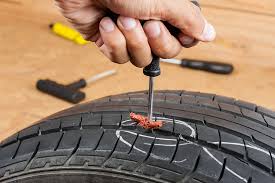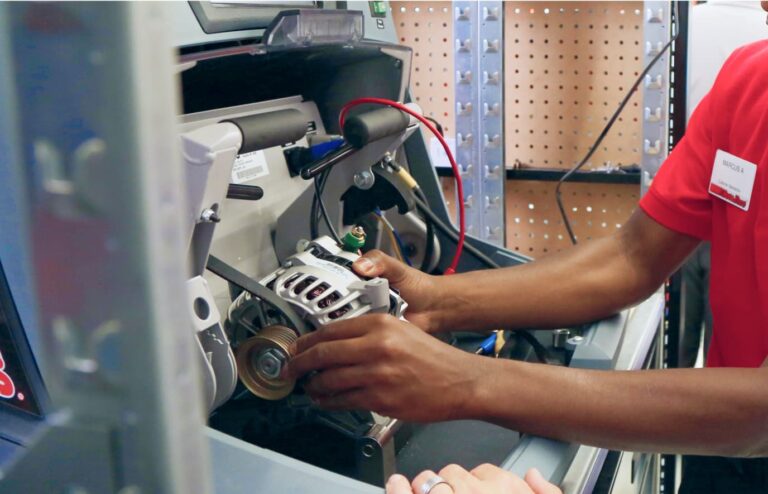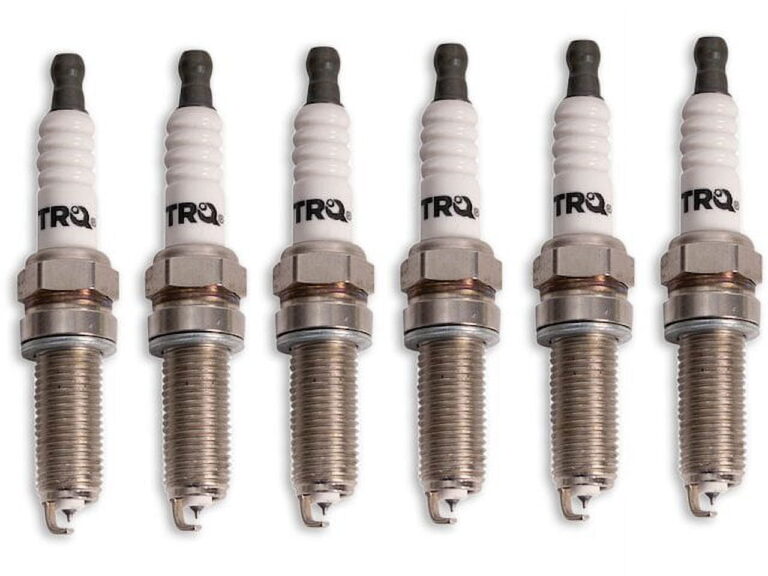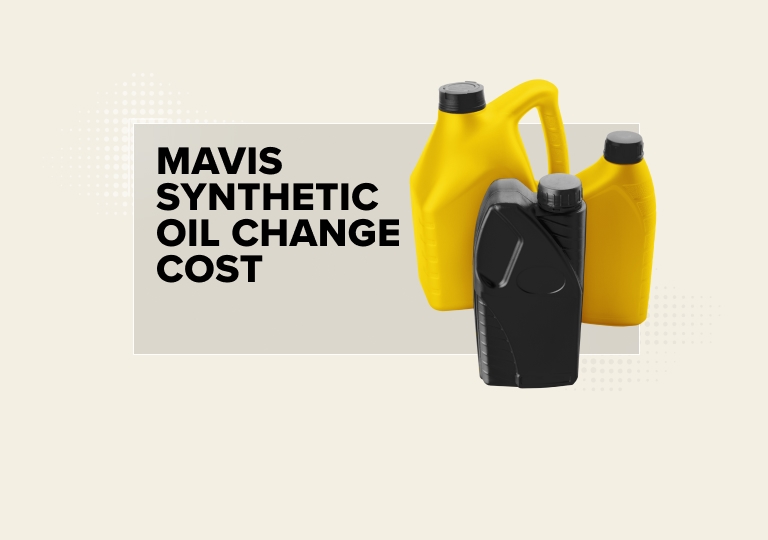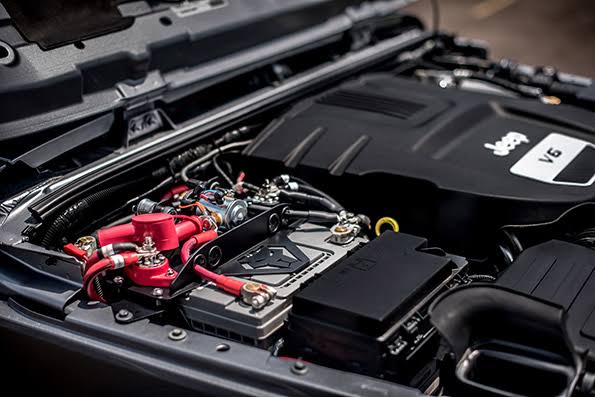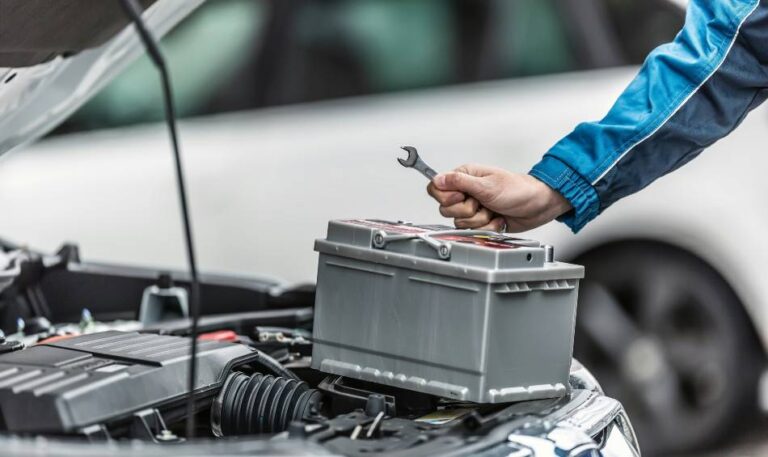Does a Catalytic Converter Rattle?

A rattling sound coming from your car can be quite concerning, and when it’s coming from your exhaust system, it’s natural to wonder if the catalytic converter is the culprit. The catalytic converter is a critical part of your car’s exhaust system, responsible for converting harmful emissions into less harmful substances. If it’s rattling, there could be a few potential reasons. Let’s break down why a catalytic converter might rattle, what it means, and what you should do about it.
🛠️ What Causes a Catalytic Converter to Rattle?
There are a few reasons why a catalytic converter may make a rattling noise. These can include:
- Internal Damage:
- Over time, the catalytic converter can wear out. The internal components, such as the ceramic substrate or honeycomb structure, may become loose and rattle around inside the converter. This internal damage often results from the converter reaching the end of its lifespan or experiencing significant stress due to engine performance issues.
- Debris Inside the Converter:
- Sometimes, the rattle could be caused by small pieces of debris that get stuck inside the converter. This could happen if the converter has been damaged or is at the end of its useful life, causing the internal components to break apart and move around.
- Loose or Broken Mounting Brackets:
- If the mounting brackets that secure the catalytic converter to the exhaust system become loose or break, it can lead to vibrations and rattling. This issue might not involve internal damage to the converter itself but could cause noise as the converter moves around.
- Clogged or Restricted Exhaust System:
- A clogged catalytic converter (which often results from poor fuel combustion or a malfunctioning engine) can create excessive backpressure in the exhaust system, causing rattling. The converter may also get hot enough to become damaged due to the strain, which could result in a rattling sound.
- Engine Misfire:
- If your engine is misfiring, unburned fuel can enter the catalytic converter. This fuel can ignite in the converter, causing it to overheat and potentially damage the internal components, leading to a rattle.
🚗 What Are the Signs of a Failing Catalytic Converter?
A rattle is just one of the potential signs that your catalytic converter may be failing. Here are a few other common symptoms to look out for:
- Check Engine Light:
- A Check Engine Light (CEL) may illuminate if your catalytic converter is having trouble. If the rattle is due to internal failure, it can trigger a diagnostic trouble code (DTC), which will show up during a diagnostic scan.
- Poor Acceleration or Decreased Engine Power:
- If the catalytic converter is clogged or damaged, you might experience poor acceleration or a general loss of engine power. This happens because the exhaust flow is restricted, making it harder for the engine to expel gases efficiently.
- Sulfur Smell:
- A damaged catalytic converter may cause a noticeable sulfur or rotten egg smell to come from the exhaust. This is often caused by the converter failing to properly filter the hydrogen sulfide present in the exhaust gases.
- Increased Fuel Consumption:
- A malfunctioning catalytic converter can affect your vehicle’s fuel efficiency. If you’re noticing that your car is using more fuel than usual, it could be a sign of a clogged or damaged catalytic converter.
🔧 What Should You Do if Your Catalytic Converter is Rattling?
If you notice a rattling sound coming from your vehicle, it’s important to address it promptly to avoid further damage. Here’s what you can do:
- Inspect the Exhaust System:
- A mechanic can inspect your catalytic converter to check for any loose mounting brackets or external issues. If the issue is caused by something like a loose bracket, it might be a simple fix.
- Check the Diagnostic Codes:
- Use an OBD-II scanner or take your vehicle to a mechanic to retrieve any trouble codes from the ECU. This can help identify whether the problem is directly related to the catalytic converter or if there are other underlying engine issues.
- Professional Inspection:
- If your catalytic converter is rattling due to internal damage or being clogged, it’s essential to have it checked by a professional. Depending on the severity of the damage, you may need to replace the catalytic converter entirely.
- Consider Replacement:
- If your catalytic converter is severely damaged or clogged, replacement might be necessary. It’s important to note that driving with a damaged or clogged catalytic converter can lead to further engine performance issues and may even damage other parts of your exhaust system.
❓ Frequently Asked Questions (FAQs)
Q: Can a rattling catalytic converter cause engine damage?
A: Yes, a rattling catalytic converter can indicate internal damage or clogging, which can increase engine backpressure and affect engine performance. If not addressed, this can potentially damage other engine components.
Q: Is it safe to drive with a rattling catalytic converter?
A: While it may be safe to drive for a short time, it’s not recommended to ignore a rattling catalytic converter. Continued driving can cause further damage to the engine or exhaust system, potentially leading to more expensive repairs.
Q: Can a faulty catalytic converter cause a loss of power?
A: Yes, a failing or clogged catalytic converter can restrict exhaust flow, leading to a loss of power and poor acceleration. This occurs because the engine struggles to expel exhaust gases efficiently.
Q: How long does a catalytic converter last?
A: A catalytic converter typically lasts around 10-15 years or 100,000 to 150,000 miles, depending on driving conditions and maintenance. However, poor engine performance or neglected maintenance can shorten its lifespan.
📝 Conclusion
A rattling catalytic converter can be a sign of several issues, ranging from internal damage to loose mounting brackets or even a clogged system. While it might not always result in immediate engine failure, ignoring it can lead to further complications and costly repairs down the road. If you notice a rattling noise from your car’s exhaust system, it’s best to have your catalytic converter inspected by a professional mechanic. Addressing the issue early can save you from more serious engine problems and ensure your car’s emissions system continues to operate efficiently.
